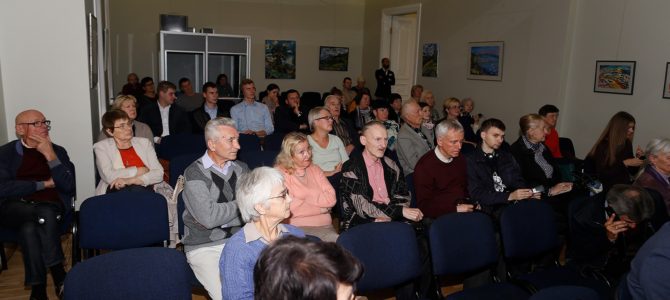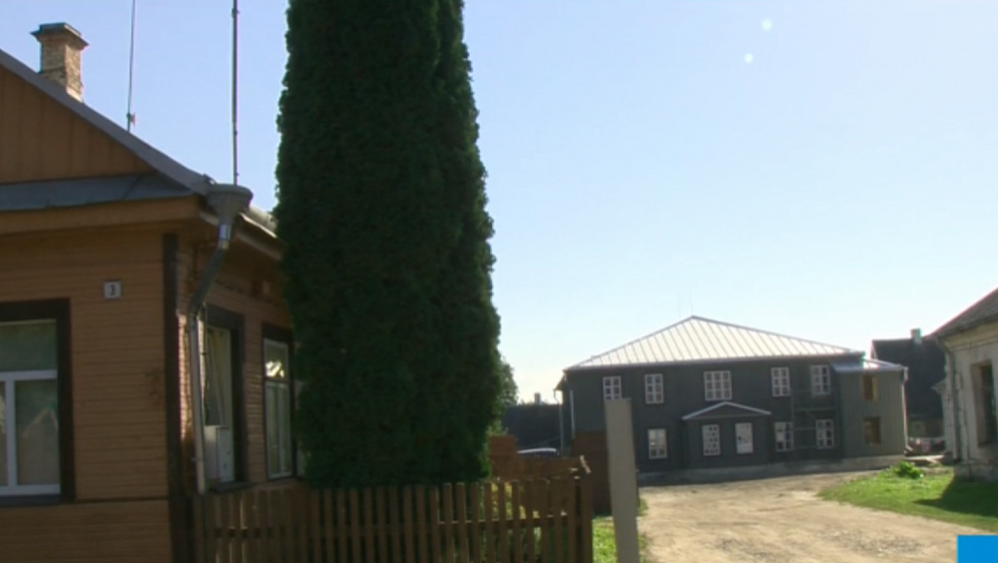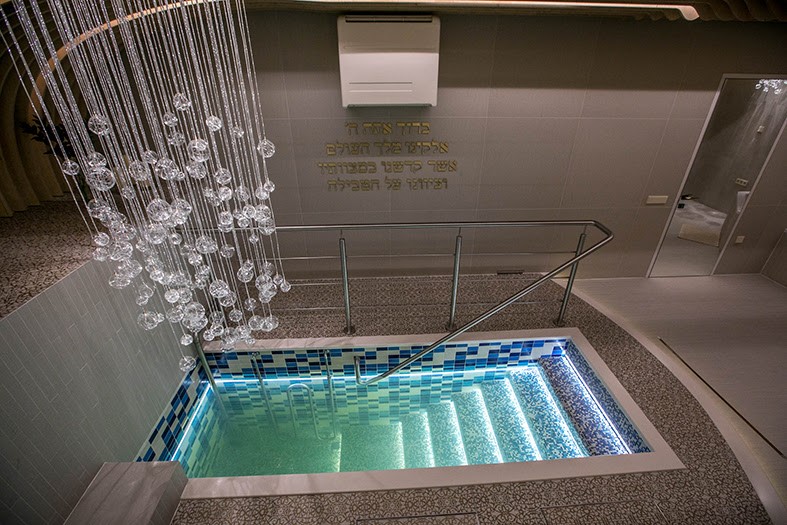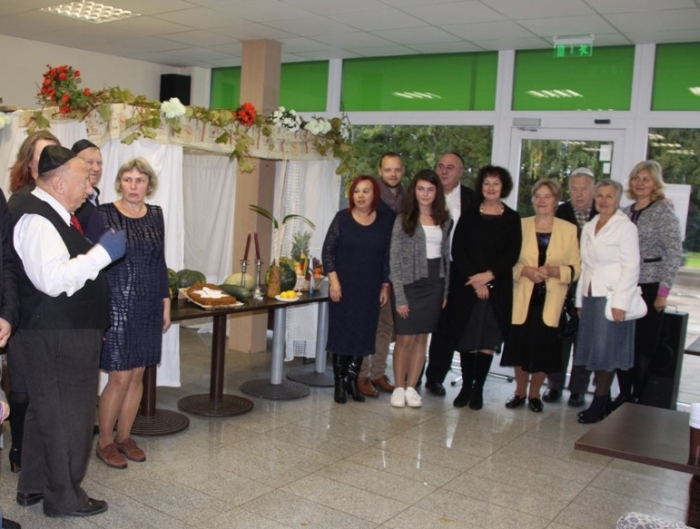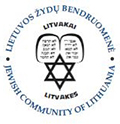
by Sergejus Kanovičius
The weighing ritual from the Soviet era has impressed itself deeply in memory: a plump woman standing behind the counter in a store with a white apron, the apron is somewhat wrinkled and with grease stains, the scales have larger and smaller weights, and she stands and watches, if she has something to way. One weight, and another, then another is needed to reach complete balance, placed on the right-hand plate of the scales, always a deficit, whose weight is measured by this very important woman. The woman is all-powerful. Usually she set some fifty or more grams aside, she also had to supplement her salary. Why do I remember this? I see how today the PR masters and the politicians who have taken up their ideas are joyfully weighing and trying to place a weight or two on a much emptier plate of the scales of historical truth. But one gets the impression that they, just as the woman in the Soviet store did, are setting a bit aside. Sometimes more, sometimes less. Usually more, unfortunately.
You leave their store and unwrap the purchase and hey, either it’s just paper, or else they’ve taken a bit for themselves again. And then you wait again until they decide the time has come to mete out some sort of historical deficit.
As I understand it, the quota for naming the year of the coming 100th anniversary of the state has been used up. Other years are being suggested, maybe the year of the bear on the Chinese calendar, or perhaps the year of the dragon or the cat on the Japanese, one year under the Jewish calendar and a different one according to Christ. Well anyway, we like to baptize, to be baptized and to attend baptisms, it’s fun. Even if there is no baby, we’ll make one up.



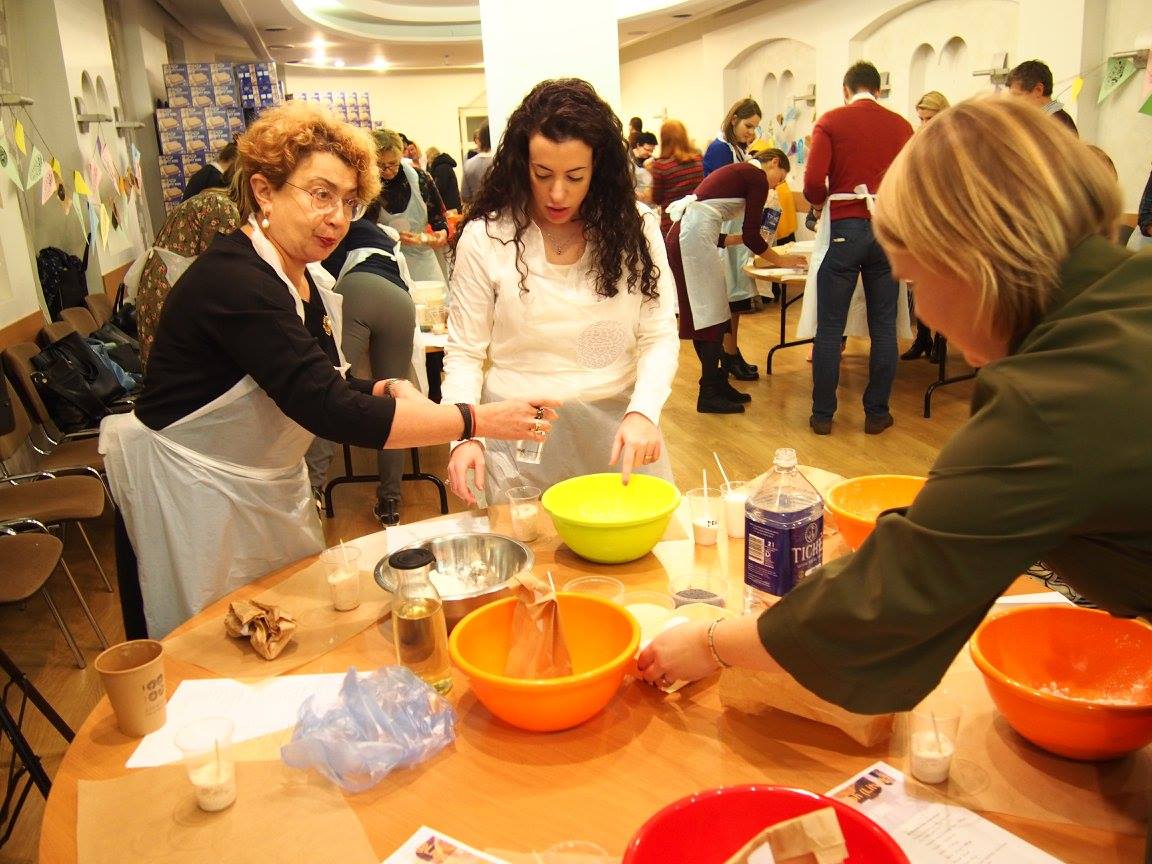
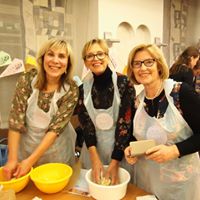
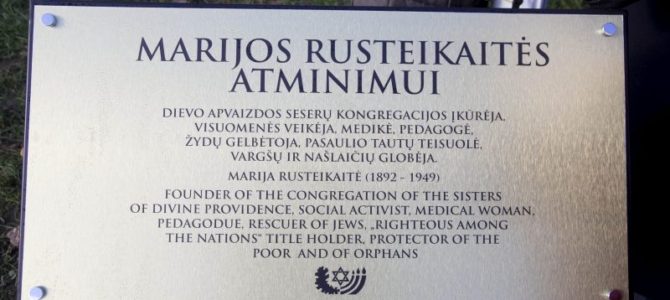
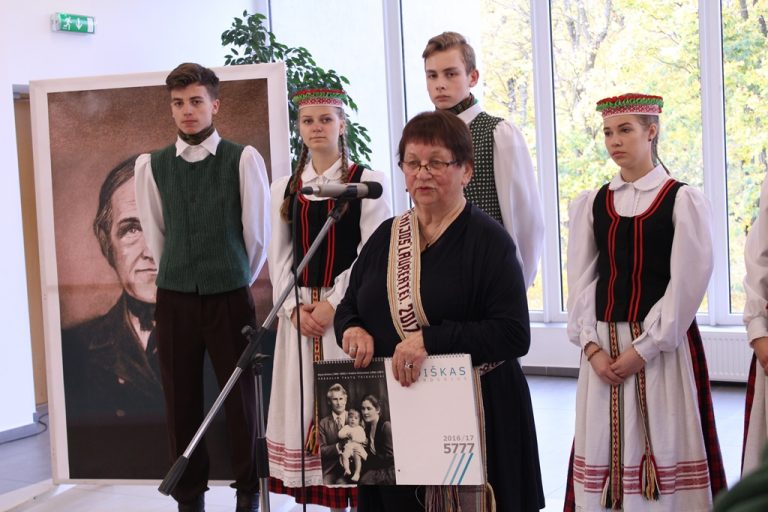
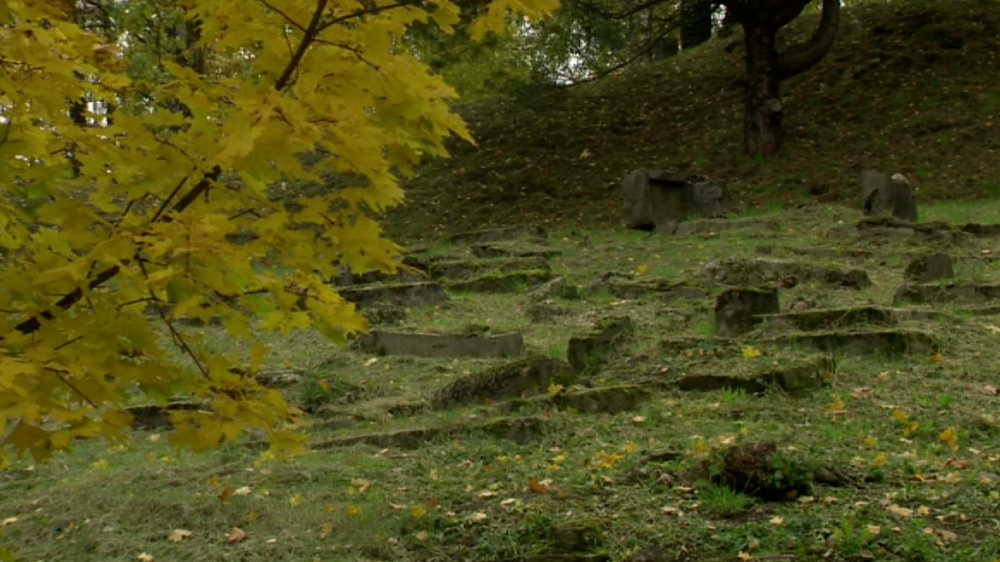
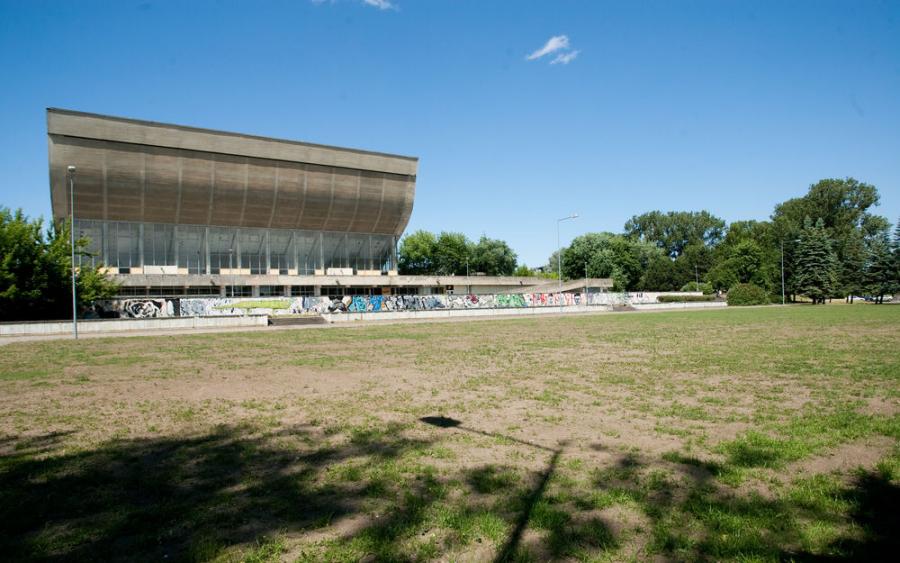
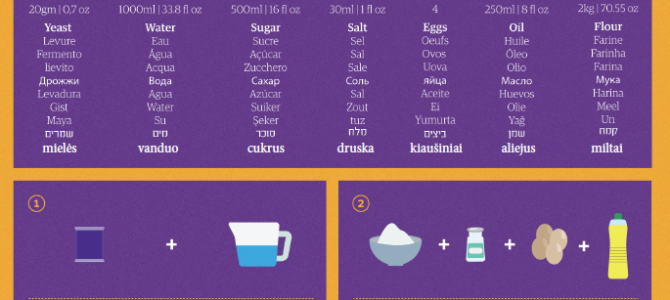
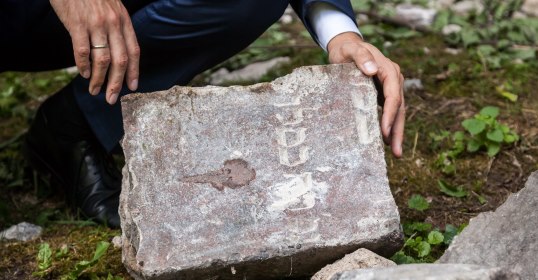
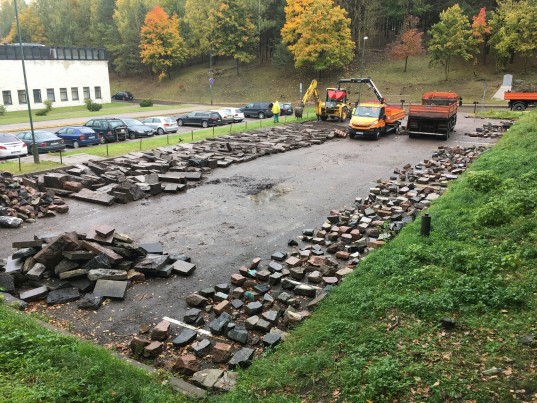
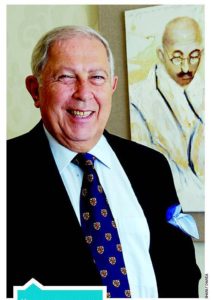 by Kenneth X. Robbins and John Mcleod
by Kenneth X. Robbins and John Mcleod